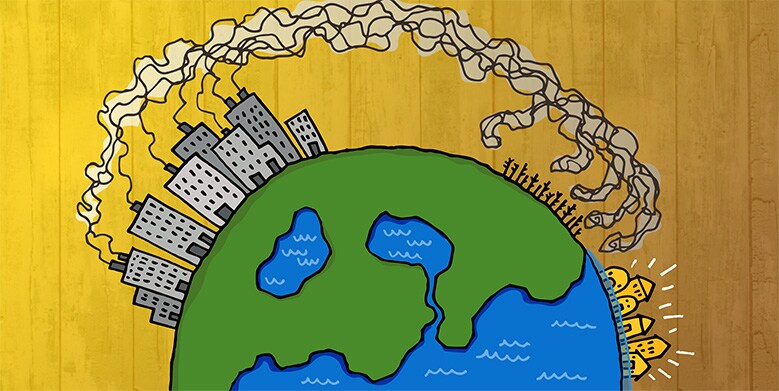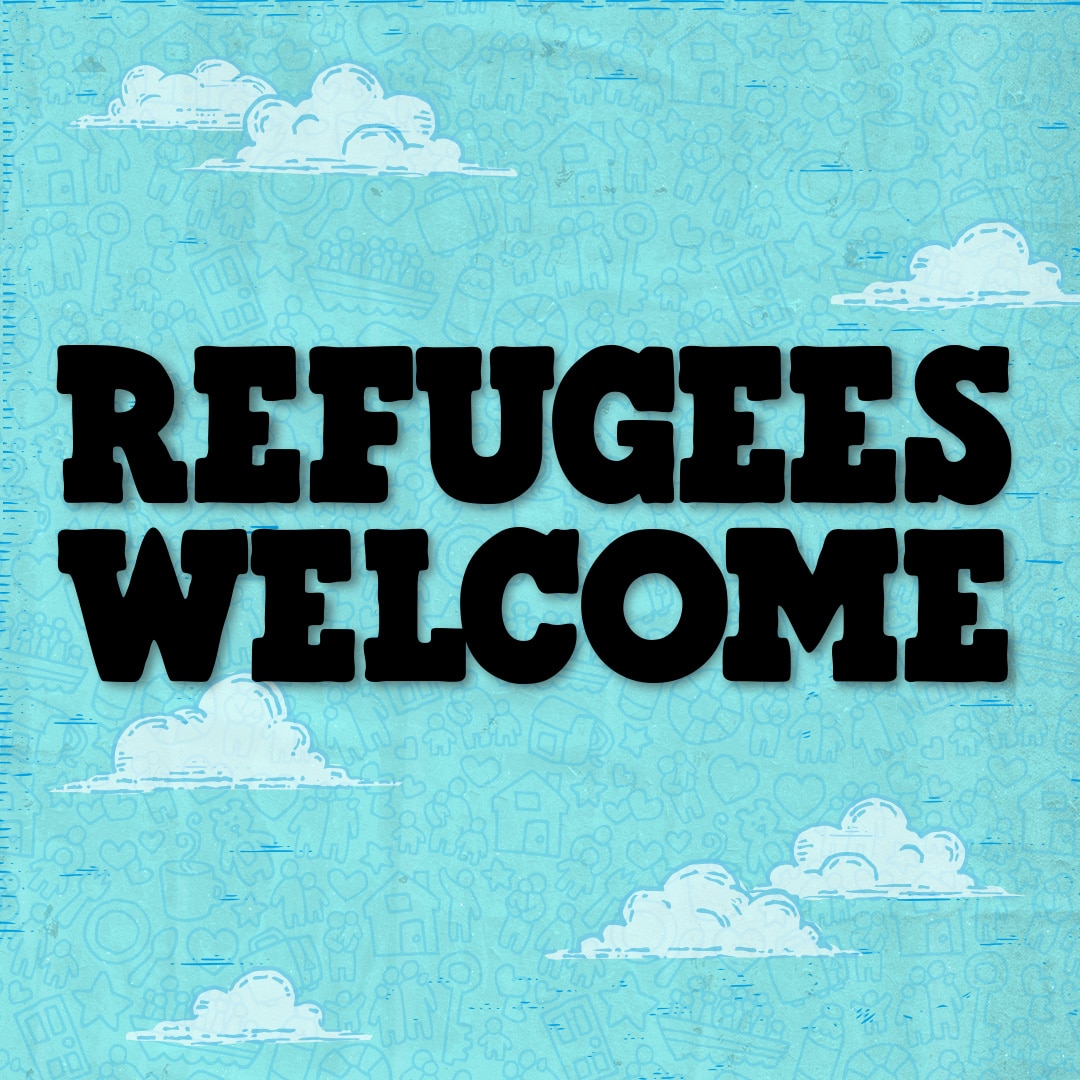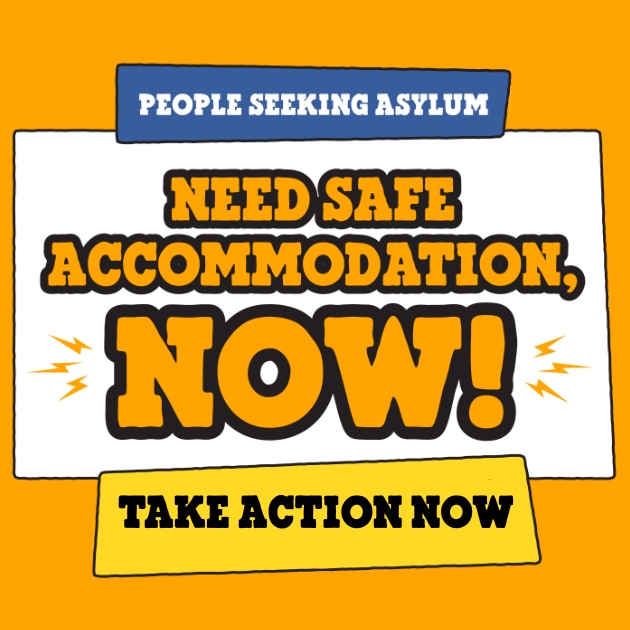
We’ve been campaigning for issues of equality and justice for as long as we’ve been scooping ice cream, and climate change is as much about justice as it is about greenhouse gases. Because while climate change affects us all, it doesn’t affect us all equally.
Every time we look at the news, it seems like scientists are offering new evidence of the looming threat of climate change. With rising seas, record-breaking temperatures, and extreme weather events, we’re already seeing the deadly effects of climate change all around the world.
But one piece is often missing from the discussion: Who does climate change impact the most?
Let’s Talk Climate Justice
Climate justice acknowledges that our dependence on fossil fuels has unequally benefited the richest countries, while disproportionately impacting the poorest and most vulnerable people around the world. Those with the lowest carbon footprints are often hardest hit by the effects of climate change.
Take cocoa farmers in the Ivory Coast who are facing drought and lower crop yields due to climate change. They often don’t have the resources to adapt or mitigate against these effects and many have no safety net when their crops fail. Yet the Ivory coast is responsible for just 0.33 tones of C02 emissions per capita versus 5.81 tonnes of C02 emissions per capita in the UK.
Climate change exacerbates the divide between the rich and poor and means that Black people and people of colour living in the global south are being hardest hit.
Climate Justice at Home
This pattern plays out here in the UK as well, where it’s also the poorest and most vulnerable communities who are experiencing the worst impacts of climate change. For example poorer places in the UK are 3x more likely to flood than richer areas! But again, these aren’t the communities responsible with wealthier households in the UK having much larger carbon footprints than less wealthy households.
And because of the intersections between race and social inequality, it’s people of colour who are often most affected by climate change in the UK.
Take air pollution, which contributes to global warming and is caused by a range of things, most notably burning fossil fuels, but also farming, factories, and industry. Air pollution isn’t just bad for our planet, it’s bad for people too as it poses a severe health risk. But, the risk is not equal! Research by the Mayor of London shows that areas of London where there are high proportions of Black, mixed, or other ethnic groups are subjected to the highest rates of air pollution. In fact, Black British Africans are 28% more likely than white Brits to be exposed to air pollution and the hazards that come with it.
London’s Newham is one example, where the local population is made up of disproportionately high numbers of people of colour. Newham is also home to London City Airport contributing to local inhabitants experiencing higher levels of air pollution. And with 40% of the local population surviving on an annual income of £20,000 or less – well below the London and UK median average – it again highlights that even in the UK it’s those who are less able to deal with the effects of climate change who are hardest hit.
The situation is the same in the US, where repeated studies show that poorer communities are unequally impacted by pollution from mountain top removal, power plants, toxic waste, car smog, and a whole host of environmental health hazards.
For all these reasons and more, we need to tune into the who of climate change, not just the why and how.
Refugees Know This Story All Too Well
Justice and safety for refugees and displaced people has been a priority for us for years now. And for many communities, their very displacement is directly or indirectly due to the effects of climate change.
Consider Syria: record drought conditions put pressure on an already volatile region, leading to a civil war and huge human exodus. As of the end of 2019, 6.6 million Syrians had been forcibly displaced, more than any other single country. And when you look into these stories of refugees, it’s clear that we’re already seeing the disproportionate impacts of climate change playing out across international and domestic borders.
We’re Calling for Justice NOW
And this story is only going to get worse in the next century. Inaction from our leaders will mean climate change is likely to become the leading cause of humanitarian crises of this century. We need our leaders to step up and take serious action against climate change NOW.
We can and must reimagine the future — one that’s cleaner, greener, and fairer for everyone. And now is the perfect opportunity: As we recover from the effects of COVI9-19 and head into the next UN climate summit, we must raise our voices and ask our government to take action.
Join The Climate Coalition, Ben & Jerry’s, and thousands of others in calling for change. Add your voice NOW.


